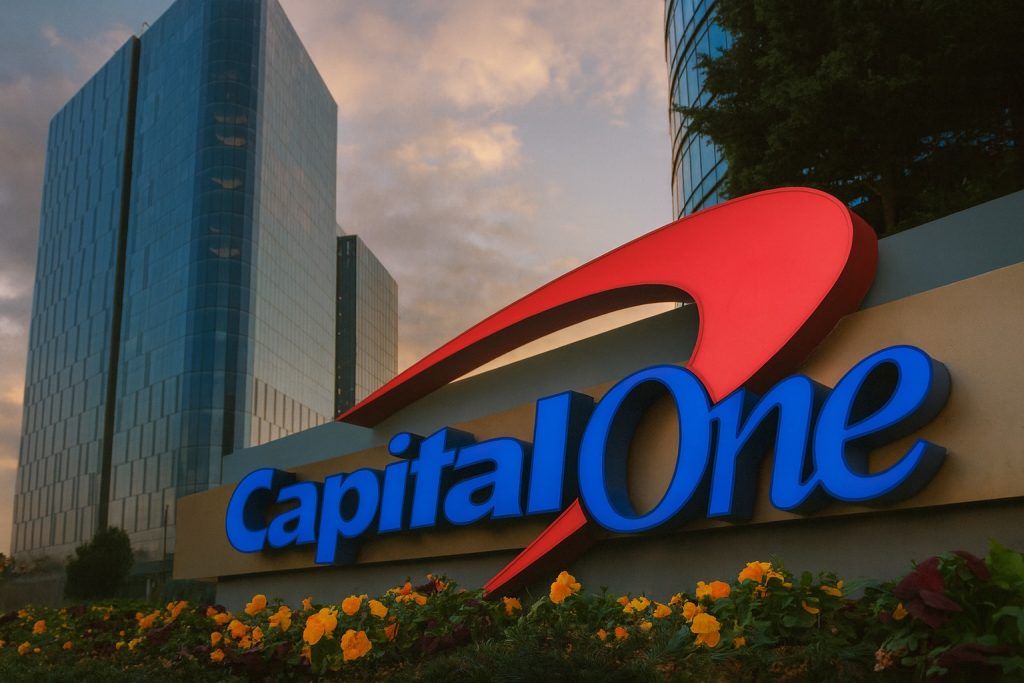- Alem Crypto Fund Launched: Kazakhstan has created a government-backed digital asset reserve called the Alem Crypto Fund gov.kz cointelegraph.com. It’s managed by Qazaqstan Venture Group under the Astana International Financial Centre (AIFC) framework, giving it a clear legal and regulatory footing gov.kz cointelegraph.com.
- First Asset is BNB: The fund’s inaugural purchase was Binance Coin (BNB) – the native token of the BNB Chain – in partnership with Binance Kazakhstan (a locally licensed arm of Binance) gov.kz cointelegraph.com. Officials have not disclosed the exact amount of BNB bought, but highlight that BNB’s utility (for transactions, fees, staking and governance) makes it a strategic choice gov.kz cointelegraph.com.
- Long-Term Crypto Reserves: Deputy Prime Minister Zhaslan Madiyev says the goal is to build “long-term investments in digital assets and… strategic reserves,” making the fund a “reliable instrument for major investors and a key foundation for digital state reserves” gov.kz beincrypto.com. In other words, the fund isn’t trading for short-term profit – it’s stocking up crypto as a national financial reserve.
- Binance Partnership: Binance Kazakhstan is the strategic partner. Nurkhat Kushimov, General Manager of Binance Kazakhstan, praised the move: the choice of BNB as the first asset “highlights trust in the Binance ecosystem” and marks “a new chapter for institutional recognition of cryptocurrencies in Kazakhstan,” helping to “build a transparent and secure digital asset market” gov.kz. In Kushimov’s words, this shows that “state-backed reserves and global crypto infrastructure can coexist when governance, licensing, and transparency are prioritized” beincrypto.com.
- Policy Context: This launch follows a series of crypto-friendly initiatives. In September 2025, Kazakhstan launched a tenge-backed stablecoin (“Evo” or KZTE) on the Solana blockchain with Mastercard and local banks cointelegraph.com. The government also approved using dollar-pegged stablecoins (like USDT) for regulatory fees, unveiled “CryptoCity” pilot zones for crypto payments, and is piloting a digital tenge CBDC cointelegraph.com coinmarketcap.com. In 2024 authorities shut down 36 unlicensed crypto exchanges and Tokayev called for more transparent crypto laws and a full “digital asset ecosystem” by 2026 cointelegraph.com coinmarketcap.com.
Kazakhstan’s bold move into crypto reserves reflects its ambition to become a regional digital finance hub. The Alem Crypto Fund is explicitly designed to accumulate high-grade crypto assets over the long term. By choosing BNB (market cap ~$138 billion) as its first holding, Kazakhstan is not buying Bitcoin or an obscure token, but a leading utility coin at the heart of Binance’s network gov.kz cointelegraph.com. BNB’s functions – from transaction fuel to staking and governance – give the fund both financial upside (fees, staking rewards) and strategic influence in a major crypto ecosystem. As a result, the fund serves as both a reserve of value and a strategic tool within the digital assets industry.
Deputy PM Zhaslan Madiyev framed the fund as part of Kazakhstan’s move toward “advancing digital finance.” He stressed that the Alem Fund would be a key foundation for national savings in the digital age gov.kz beincrypto.com. In tandem, President Kassym-Jomart Tokayev has publicly backed crypto initiatives – earlier announcing a national crypto reserve and calling for a comprehensive digital asset law by 2026 cointribune.com cointelegraph.com. In fact, Tokayev himself met Binance CEO Changpeng Zhao in 2022 to discuss blockchain strategies, and Kazakhstan has collaborated with Binance on regulation ever since cointelegraph.com 99bitcoins.com.
The partnership with Binance Kazakhstan was foreseen: Binance’s local arm is fully licensed under the AIFC’s regulator (AFSA), providing custody and compliance support. Binance Kazakhstan’s Kushimov said this is a “strategic partnership” that aligns Binance’s global technology with Kazakhstan’s economic goals gov.kz beincrypto.com. Former Binance CEO CZ even publicly noted that “Kazakhstan buys #BNB for long-term holding,” underscoring the significance for the industry.
Kazakhstan’s crypto journey has been building for years. The country became a mining superpower after China’s 2021 crackdown, briefly contributing about 27% of global Bitcoin hashrate ainvest.com cointelegraph.com. However, regulators also cracked down: by 2024 they shut 36 unlicensed exchanges to tame volatility and fraud cointelegraph.com. Under Tokayev’s direction, authorities have since embraced blockchain innovation – issuing the first tenge stablecoin, testing a digital tenge CBDC (planned full launch in 2025 ainvest.com), and setting up special crypto zones.
Analysts say the Alem Fund both reflects and accelerates this trend. By creating a regulatory-compliant, state-run crypto fund, Kazakhstan signals confidence to global investors and other governments. It joins the handful of nations exploring state crypto reserves – from El Salvador (officially holding Bitcoin) to Bhutan (quietly hoarding Bitcoin via mining) cointelegraph.com ainvest.com. In this context, Kazakh officials are diversifying not just with Bitcoin but with Binance Coin, bet on an ecosystem poised for growth.
Market reaction was immediate: news of the fund helped push BNB’s price up (rising about 4–5% to over $1,030 within 24 hours) beincrypto.com. Observers note that state-backed demand can shore up prices of major cryptocurrencies. Looking ahead, Kazakhstan’s fund may gradually add other top tokens. Industry experts suggest it could broaden into a fully-fledged crypto sovereign wealth fund, balancing risk across a basket of digital assets while keeping strict oversight.
In sum, Kazakhstan’s new crypto reserve is a calculated gamble on digital finance. The government’s message is clear: it intends to weave blockchain assets into the fabric of national finance. As Deputy PM Madiyev puts it, the Alem Crypto Fund is meant to become “a key foundation for digital state reserves” gov.kz beincrypto.com. With Binance as a partner and cutting-edge policies in place, Kazakhstan is positioning itself as a Central Asian pioneer of the blockchain era – a “crypto OG,” as one expert quipped 99bitcoins.com.
Sources: Official Kazakhstan press releases and government announcements gov.kz gov.kz; Cointelegraph, CoinMarketCap, CryptoNinjas, CoinCentral and other crypto media reporting on the Alem Crypto Fund cointelegraph.com coincentral.com; expert commentary from Kazakhstan officials and Binance leadership gov.kz beincrypto.com; plus related news on Kazakhstan’s crypto policies (stablecoin KZTE, CBDC, mining, regulation) cointelegraph.com cointelegraph.com.









